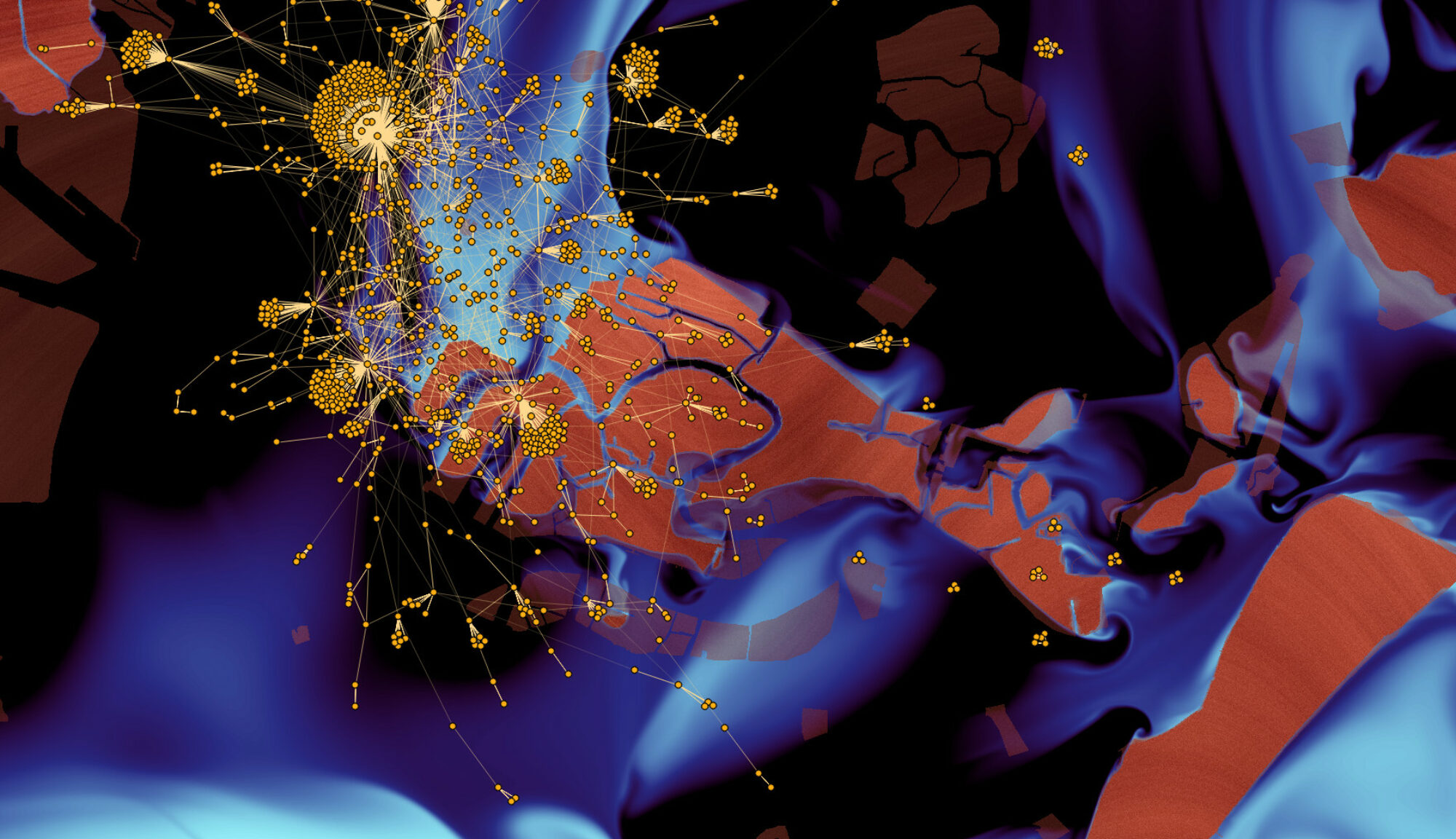Maximilien Danisch, Jean-Loup Guillaume and Bénédicte Le Grand
in « Complex Networks », pages 76-111, H. Cherifi (ed), Cambridge Scholars Publishing, 2014
The community structure of a graph is defined in various ways in the literature: partition, where nodes can belong to only one community. This vision is unrealistic and may lead to poor results because most nodes belong to several communities in real-world networks; overlapping community structure, which is the most natural view, but is often very difficult to identify in practice due to the complex structure of real-world networks and the huge potential number of such communities; egocentered community structure which focuses on individual nodes’ communities and seems to be a good compromise. In this chapter, the third vision is investigated; a new proximity measure based on opinion dynamics is proposed to score and select nodes according to their proximity to a node of interest. We call it the carryover opinion. In addition to be parameter-free, the carryover opinion can be calculated in a very time-efficient way and can thus be used in very large graphs. We also go further in the idea of egocentered communities by introducing the new concept of multi-egocentered communities, i.e., focusing on the communities of a set of nodes rather than of a single node. A key idea is that, although one node generally belongs to numerous communities, e.g., friends, colleagues, family, a small set of appropriate nodes can fully characterize a single community. We also show how to unfold all egocentered communities of a given node using this notion of multi-egocentered community.
